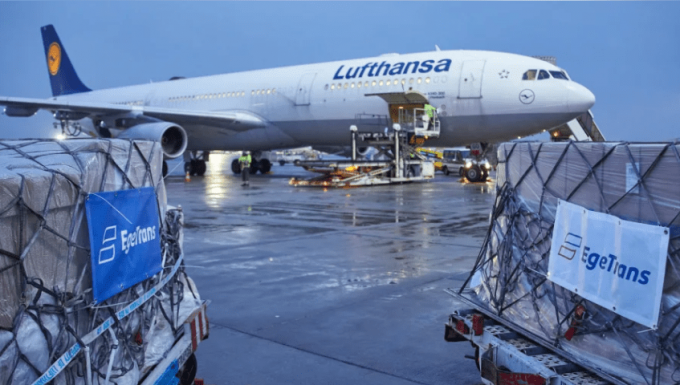News in Brief Podcast | Week 21 | GRIs and European port congestion
In this episode of The Loadstar’s News in Brief Podcast, host and news reporter Charlotte Goldstone ...

The chaos and congestion in southern China ports has yet to significantly impact air freight, which saw a dramatic lull in demand towards the end of May.
Carriers are expected to cut capacity slightly, as air cargo moves into its traditional low-demand months of the year.
One European forwarder said the “ex-China air freight market fell off the proverbial cliff edge” in the last three weeks of May.
But: “Other areas are still buoyant, not mega, but reasonable levels – South-east Asia, Indian ...
MSC Elsa 3 sinking – now the 'blame game' begins
After DSV 'cuts the cake' on Schenker acquisition, time for redundancies?
Bad news for shippers as wave of transpacific rate increases continues
Houthis claim Red Sea safe for box ships not calling at port of Haifa
Shippers hold their breath as Trump appeals court ruling that tariffs are illegal
No deals with carriers, say Houthis – Red Sea safe for non Israel-affiliated ships
Schenker's Shirley Sharma Paterson moves to K+N as global head of sales

Comment on this article